8 Types of Prenatal Vitamins for Pregnant Women
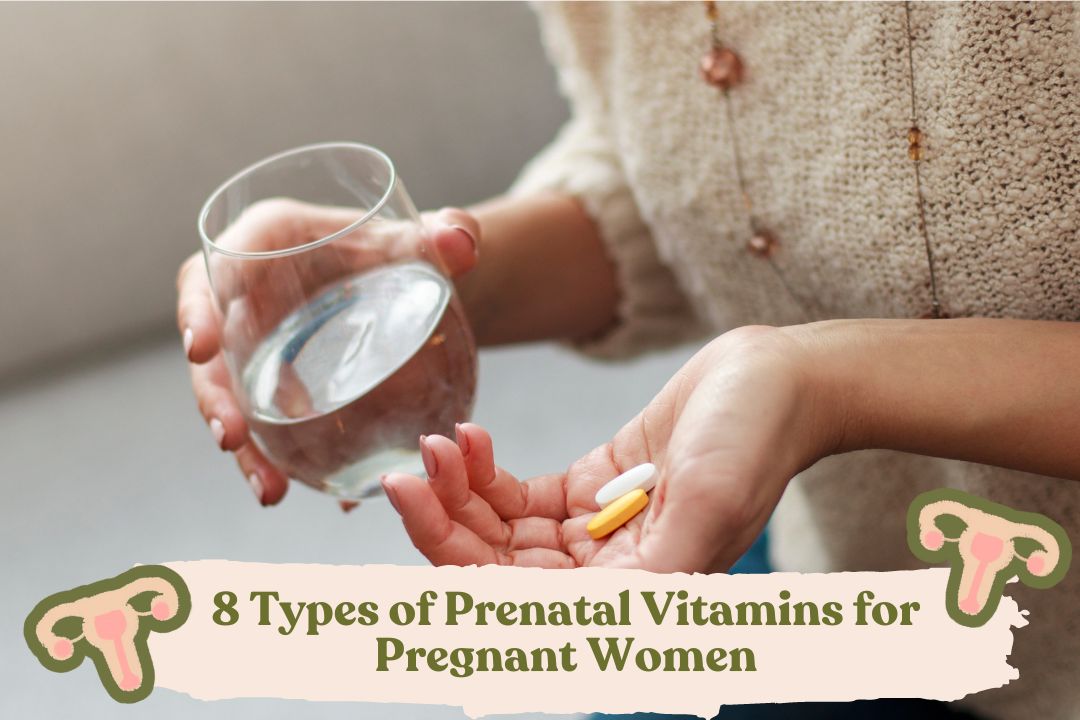
During pregnancy, it is important for expectant mothers to meet the necessary nutritional needs for both themselves and the baby in the womb. Nutritional intake can be obtained from healthy foods consumed as they contain various vitamins and minerals.
However, consuming healthy foods alone may not be sufficient to meet the body’s nutritional requirements. This is because pregnant women need more nutrients than usual. Therefore, pregnant women need to consume prenatal vitamins to supplement the nutritional needs for both themselves and the developing fetus.
What Are Prenatal Vitamins?
Prenatal vitamins or prenatal supplements are intake that contains the necessary vitamins and minerals needed before and during pregnancy, which are beneficial for pregnant women. Prenatal vitamins contain three essential components: folic acid, iron, and calcium.
These three components increase during pregnancy, making prenatal vitamins essential for pregnant women. The American Pregnancy Association also explains that prenatal vitamins consist of various types of nutrients.
Prenatal Vitamins Needed by Pregnant Women
Here are several types of vitamins that are essential for pregnant women and their benefits for the health of both the mother and the fetus.
Tanya Mincah tentang Promil?
-
Folic Acid
Folic acid, also known as vitamin B9, is one of the vitamin B types. It is commonly found in supplements or certain types of foods. This nutrient plays a crucial role in preventing birth defects in babies, such as anencephaly, spina bifida, and encephalocele. Additionally, folic acid is essential for the development of the baby’s brain and spinal cord. The recommended daily intake of folic acid for pregnant women is 400 mcg.
-
Iron
The importance of iron during pregnancy leads to a recommended daily intake of at least 27 mg of iron for pregnant women. Iron plays a crucial role in delivering oxygen in the blood to both the mother and the baby. This is why iron volume increases during pregnancy. A lack of iron in the blood can lead to anemia in pregnant women, which can cause risks such as premature birth, low birth weight, and even death.
-
Calcium
Calcium is required to prevent the loss of bone density in pregnant women, as the calcium reserves in the body are used for the baby’s bone growth. Pregnant women are recommended to consume 1000 mg of calcium daily, which can be obtained from food or supplements.
-
Zinc
Zinc is one of the essential minerals needed by pregnant women. This type of prenatal vitamin is beneficial for the health and development of the fetus. A decrease in zinc levels in pregnant women can pose risks such as slow fetal growth, low birth weight, and premature birth. Pregnant women should consume at least 11 mg of zinc daily.
-
Vitamin A
Vitamin A also plays a crucial role in the development of the fetus, including the development of various organs such as the eyes, ears, heart, and other body parts. However, excessive intake of vitamin A can lead to birth defects in babies. The recommended daily dose for pregnant women is 770 mcg.
-
Vitamin B Complex
Vitamin B has several benefits for pregnancy, such as improving eye health, skin, bones, fetal nerves, and muscles. Adequate intake of vitamin B complex during pregnancy can reduce the risk of preeclampsia and pregnancy complications.
-
Vitamin C
The benefits of vitamin C for health are well-known. This is because vitamin C protects body cells from damage caused by free radicals due to its antioxidant content.
-
Vitamin D
Vitamin D is also important for pregnant women to prevent the risk of preeclampsia, increase calcium absorption, and support fetal nerve health. Vitamin D can be obtained from food or supplements, and the recommended daily intake for pregnant women is 1000 IU.
When Is the Right Time to Take Prenatal Vitamins?
Prenatal vitamins can be taken before undergoing a pregnancy program and throughout pregnancy. Although it is important to fulfill the nutritional intake in the mother’s and the fetus’s body, prenatal vitamins serve as a supplement to the body. Pregnant women should continue to complement their diet with healthy food intake. It is important to note that prenatal vitamins do not substitute for a healthy diet.
Consuming prenatal vitamins can be done as long as the prescribed dosage is followed. However, it is necessary to consult with a doctor first. This is because not all pregnant women may be suitable for consuming prenatal vitamins.
Ask Mincah
References:
- Maia, S.B., et al. (2019). Vitamin A and Pregnancy: A Narrative Review. Nutrients. 2019 Mar; 11(3): 681.
- Jouanne, M., et al. (2021). Nutrient Requirements during Pregnancy and Lactation. Nutrients. 2021 Feb; 13(2): 692.
- American Pregnancy Association. Prenatal Vitamins.


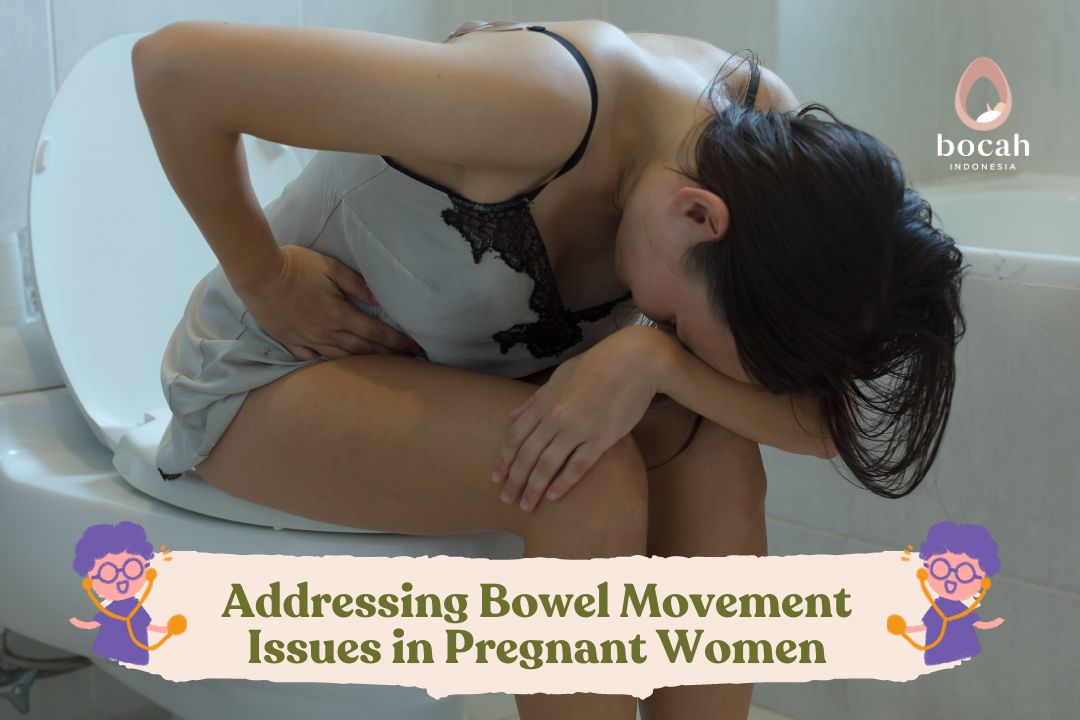
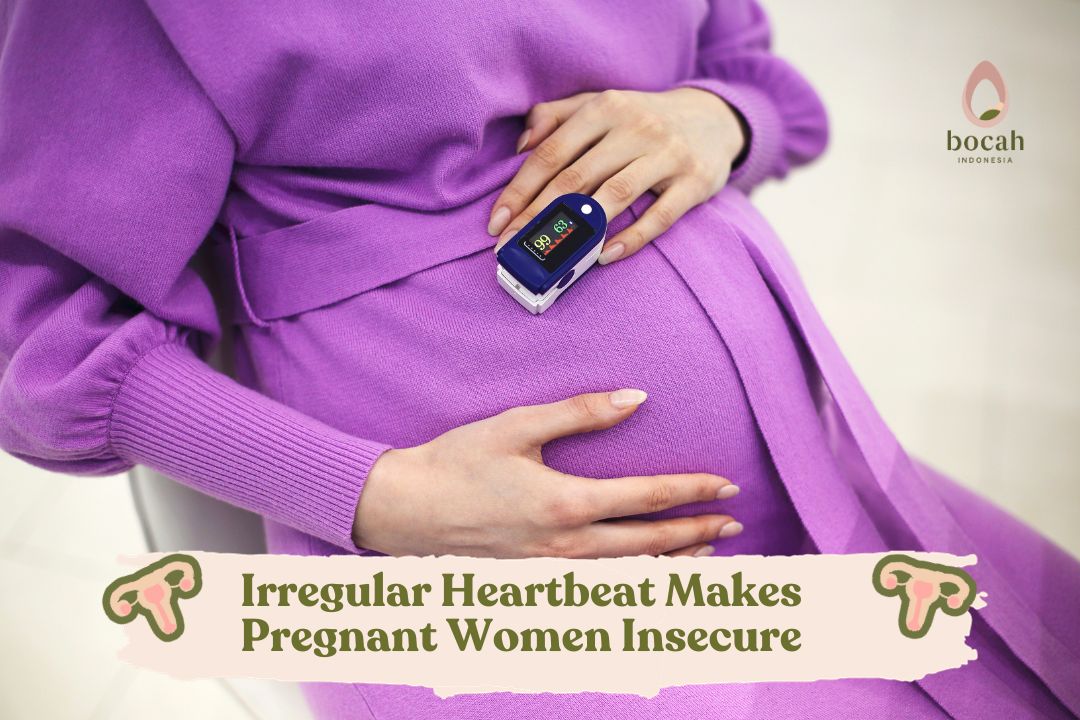
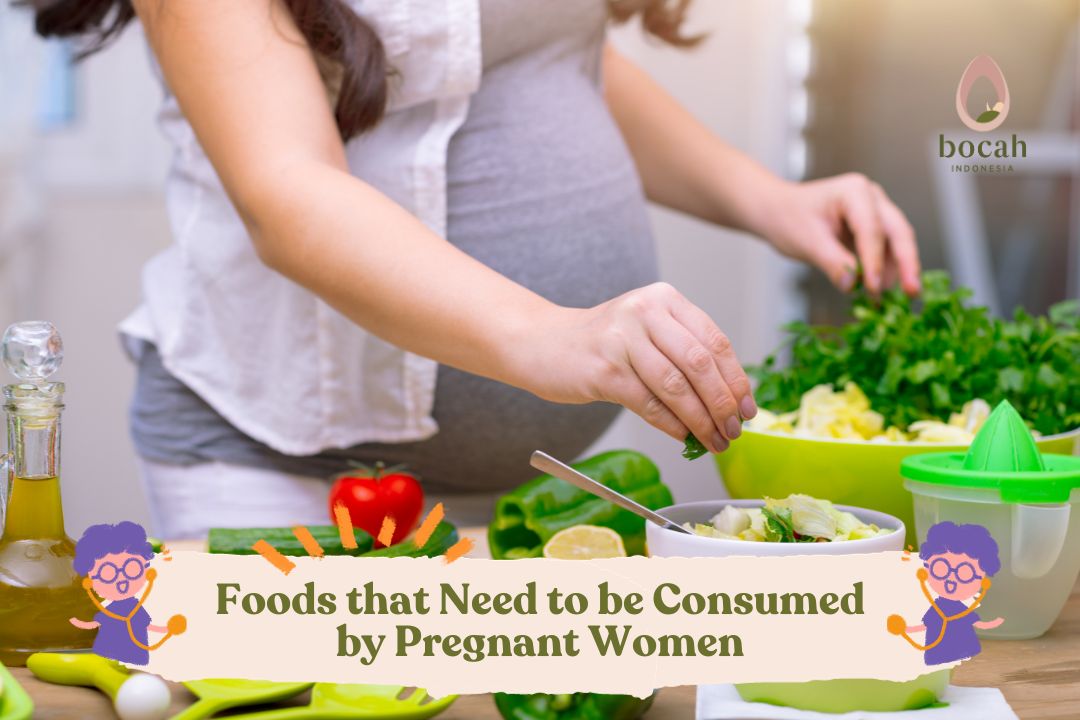
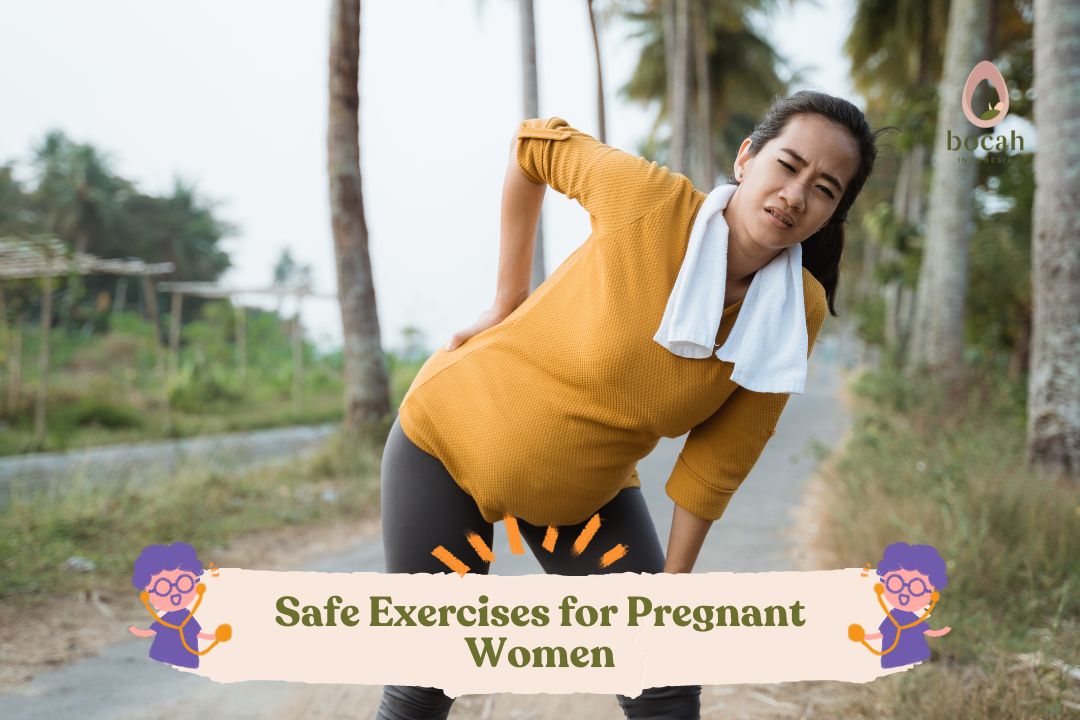
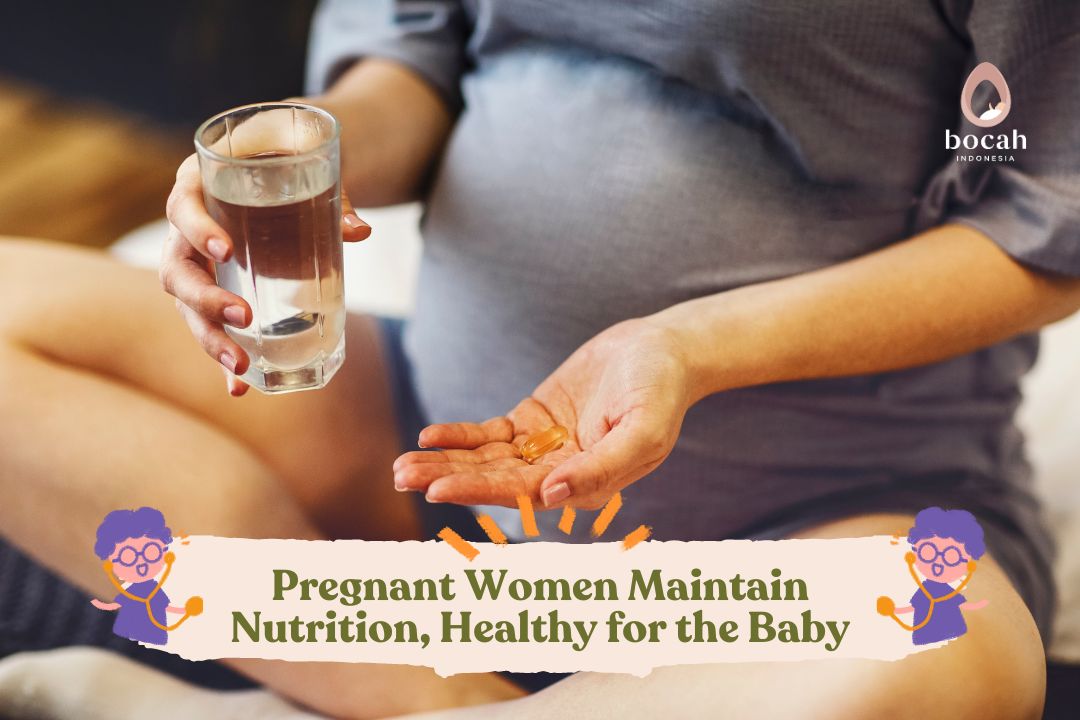
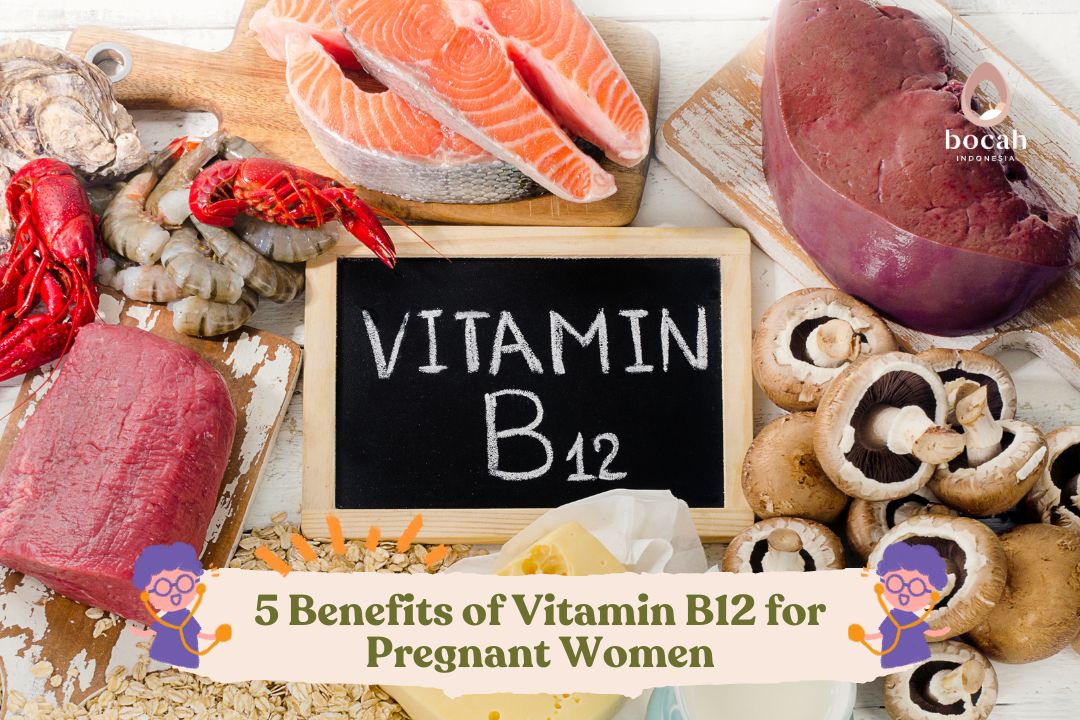
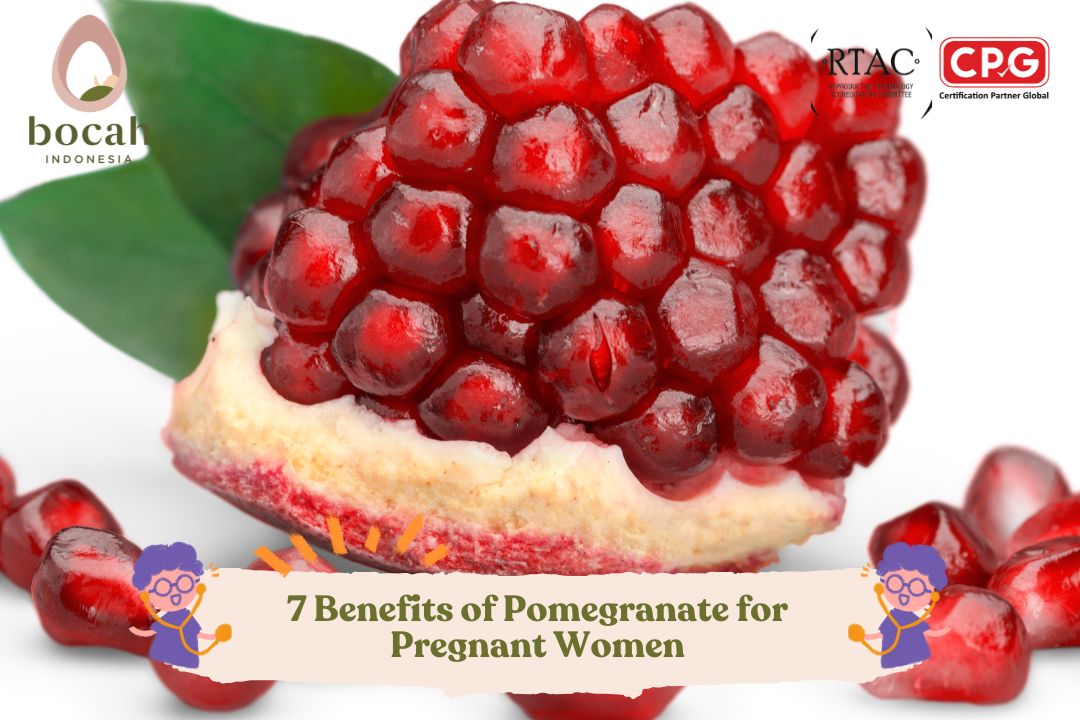
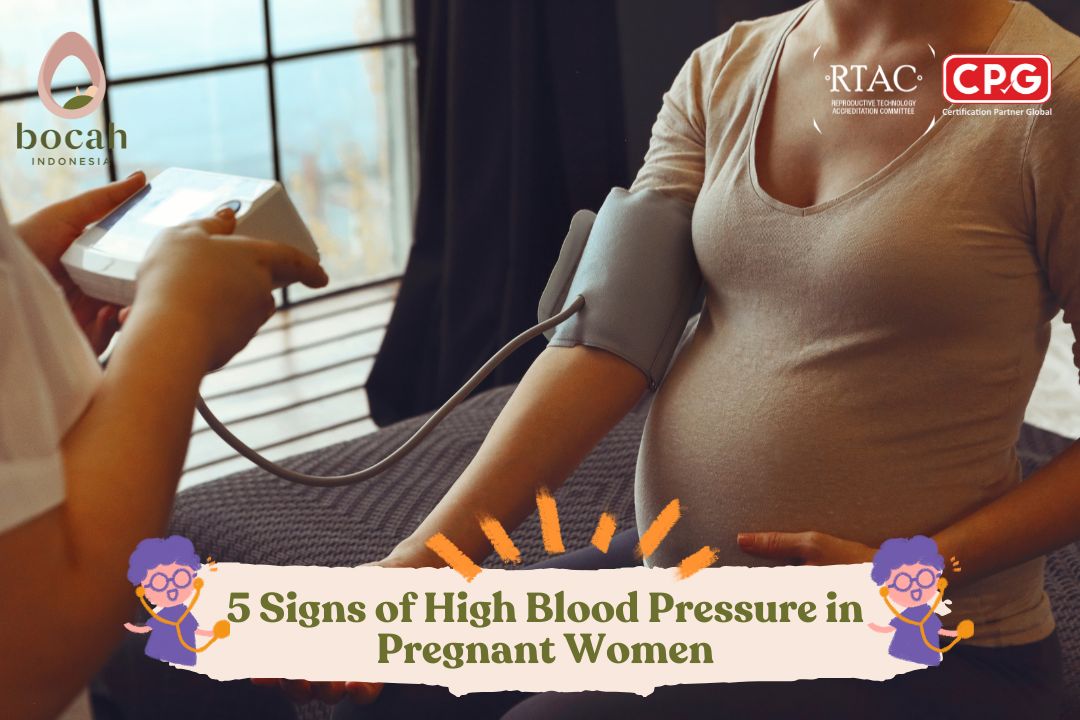

4 Responses
Thank you my doubts has been cleared.
You’re welcome
It’s helpful to me who is trying to conceive coz I got abotion at 25 weeks even the Doctors did not tell me what was the problem coz I was fine physically fit but it happened to me it’s three months now am planning to get another pregnant
Thanks, nice one